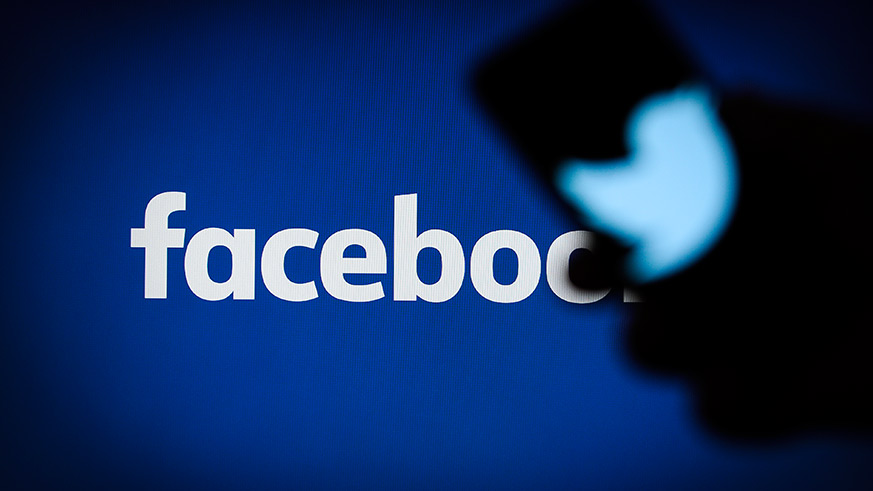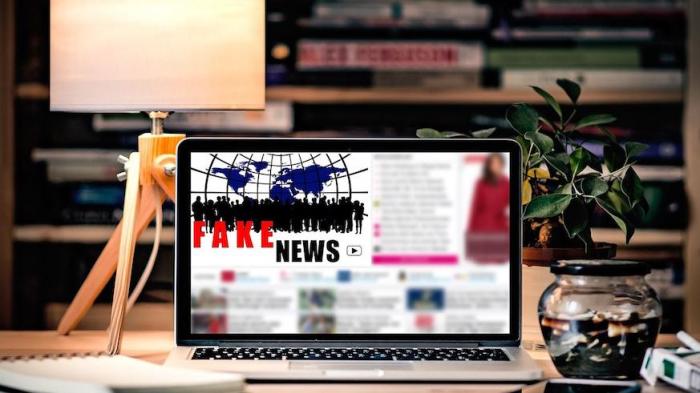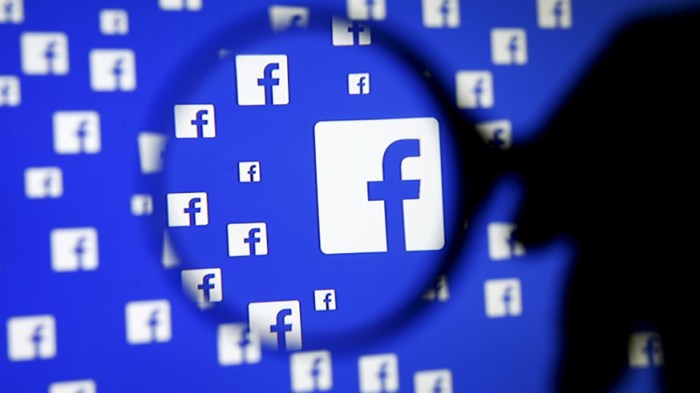President Trump constantly criticizes media outlets for publishing fake news, but according to a new study from the University of Oxford, extreme right-wing conservatives share more fake news stories across social media channels.
The research comes from the University of Oxford’s “computational propaganda project” which takes a close look at how “junk news” is shared and distrusted across social media channels. Particularly, Oxford examines how news articles were shared on Facebook and Twitter three months before President Trump’s first State of the Union address in January. Their study aims uncover who was sharing certain types of political articles and why.
In a span of 90 days leading to Trump’s State of the Union address, researchers at Oxford looked at close to 48,000 Facebook and 14,000 Twitter accounts that have a tendency to post false information from sites known for publishing misinformation.
According to their analysis, there was “limited overlap” between what kinds of news stories Democrats and Republicans are sharing. Their research indicates Democrats engage more with mainstream media sources, while the Republicans are more aligned with Conservative media groups.
Researchers found that Trump supporters on Twitter share “the widest range of known junk news sources and circulates more junk news than all the other groups put together.” On Facebook, “extreme hard right pages—distinct from Republican pages—share the widest range of known junk news sources and circulate more junk news than all the other audiences put together.”
According to Oxford, algorithms on social media networks can be used to distribute political content and misinformation. Their analysis shows that personalized algorithms that determine what you see in your newsfeeds known as “filter bubbles” contribute to the spreading of propaganda, fake news and other forms of misinformation.
Although Facebook announced they are making efforts to change their algorithms to make sure trustworthy news sites are prioritized on their site, it is almost certain that news organizations or individuals with strong political influence will find ways to get their content consumed by viewers online.
























